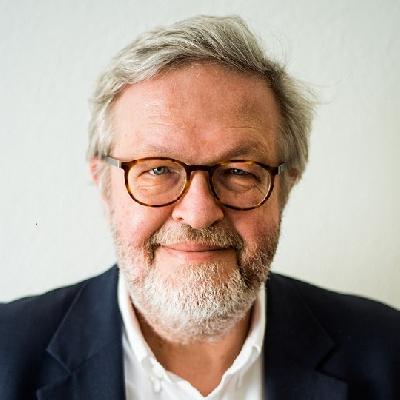The overarching objective of the DAC is to promote development co-operation and other relevant policies that contribute to the sustainable development of developing countries, including inclusive and sustainable economic development, the advancement of equalities within and among countries, poverty eradication, and the improvement of living standards. The ultimate aim is a future in which no country will depend on aid.
Development Assistance Committee (DAC)
The Development Assistance Committee is a unique international forum of many of the largest providers of aid, including 32 members.
About the DAC
What we do
The DAC adopted ODA as the “gold standard” of foreign aid in 1969 and it remains the main source of financing for development aid. ODA data is collected, verified and made publicly available by the OECD.
Through international policy dialogue, the Development Assistance Committee sets and upholds principles and standards in many aspects of development co-operation. These principles and standards are intended to help OECD members and their partners deliver aid more effectively.
Peer reviews are the most important tool of the Development Assistance Committee (DAC) for accountability. They provide an in-depth assessment of a DAC member’s strengths and challenges. Peer review recommendations help DAC members to make the most of their development co-operation.
How we work
Meetings
The DAC holds High Level Meetings (generally every 2-3 years) whose participants are development ministers. In between High Level Meetings, it often convenes Senior Level Meetings (attended by heads of aid agencies) to review the Committee’s work on current policy issues. Ordinary DAC meetings are attended by Paris-based delegates of DAC members and by officials from member capitals. The DAC also organizes dialogues with other providers to advance policies on issues of shared interest.
- High Level Meeting
- Senior Level Meeting
- Committee Meetings
DAC subsidiary bodies
The DAC subsidiary bodies bring together the OECD sectoral experts, and are open to experts, policy makers and practitioners from other providers and partner countries to promote mutual learning and informed policy making.
Members and partners
Members
The DAC currently has 32 members. Candidate countries are assessed in terms of the following criteria: the existence of appropriate strategies, policies and institutional frameworks that ensure capacity to deliver a development co-operation programme; an accepted measure of effort; and the existence of a system of performance monitoring and evaluation.
Observers
The current DAC observers – international organisations authorised to participate in the meetings of the Committee and its subsidiary bodies – are listed below.
Participants
The current DAC participants – non-OECD countries authorised to participate in the meetings of the Committee and its subsidiary bodies – are listed below.
